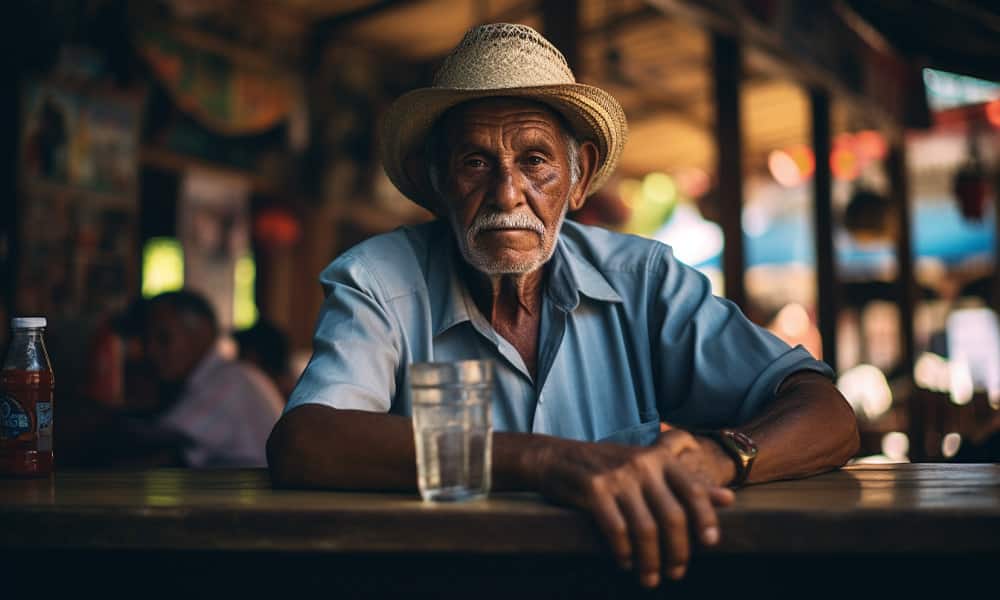A recent study conducted by the University of Costa Rica has revealed that the country boasts a significantly high life expectancy. Analyzing data from the National Household Survey (ENAHO), the study demonstrates an accelerated population aging in Costa Rica, surpassing projections made by the National Institute of Statistics and Census (INEC). The data from 2022 indicates that the proportion of people aged 65 or older reached 13.63%, totaling 710,417 individuals.
This figure exceeds INEC’s estimates for the same year by more than 200,000. The sustained drop in the birth rate is cited as one of the reasons behind this trend, with the rate falling from 7.4 in 1950 to 1.3 in 2023, the lowest in the Americas. The study highlights the population under 15 years old, which reflects the declining birth rates.
In addition to a high life expectancy, Costa Rica boasts a low mortality rate. The UCR study points out that the aging process varies among the country’s 84 cantons. The Central Region and urban areas currently house the largest concentration of elderly population, accounting for 68% in 2022 alone. While the majority of this age group resides in urban areas, the proportion in rural areas dropped from 36.6% to 24.7% between 2000 and 2021.
Despite the higher life expectancy, the study reveals that the population experiences fewer healthy years of life. Older women are particularly affected, as their conditions are influenced by socioeconomic and educational factors that limit their access and participation in the labor market.
The COVID-19 pandemic has had a profound impact on the elderly population, with the disease responsible for 58.46% of deaths in the country between March 2020 and April 2022. Moreover, the pandemic has significantly affected their mental health, as the isolation measures implemented for their protection resulted in emotional distress, sadness, and feelings of abandonment.
The UCR analysis also sheds light on the economic vulnerability faced by many older people in Costa Rica. Withdrawing from the labor market in old age increases their economic precarity, and pensions often fall short of covering basic needs. Furthermore, the study emphasizes the physical, sexual, psychological, and financial violence suffered by the elderly.
In light of these findings, the UCR stresses the importance of raising awareness and sensitizing the population to ensure that older adults can freely enjoy their rights, while being respected and valued as they deserve. The study calls for collective action to address the challenges faced by the aging population and create a society that supports the well-being of its elderly citizens.






